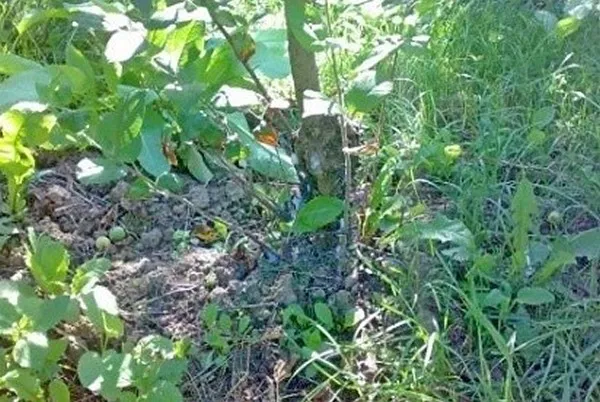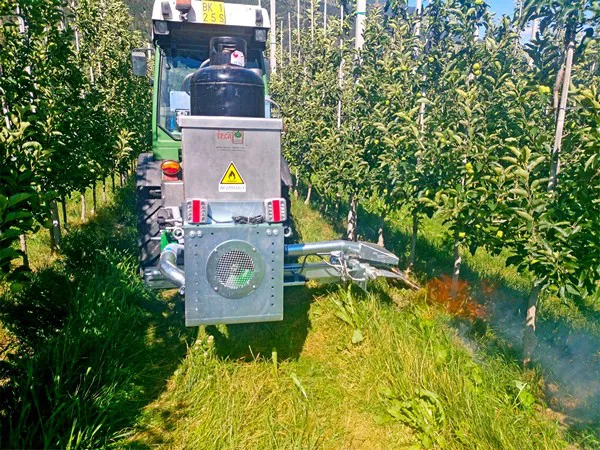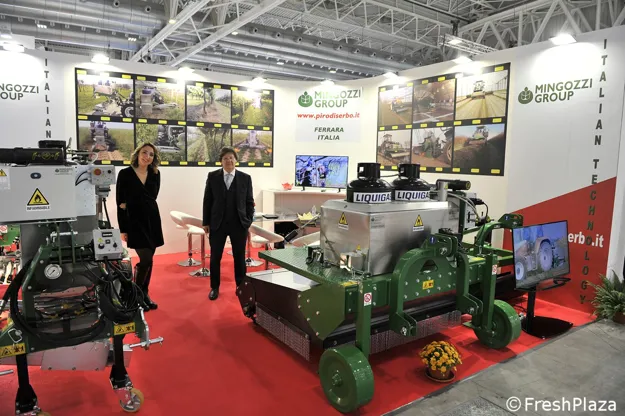Officine Mingozzi implemented a flame treatment to solve the woolly aphid problem, using their own machines.
Leonhard Losch's Azienda Agricola boidinamica Friulana, located in Chiopris Visconte (Udine), has been applying this technique successfully since 2017.

"In just one operation, not only do we fight woolly aphids, but we also control weeds, fungi, bacteria and insects. What is more, we perform suckering without damaging the plants, bark and bindings. By adjusting the machine head, it is in fact possible to hit suckers without having to manually remove them," reports owner Marco Mingozzi.

The machine is attached either at the front or at the back of the tractor, and is controlled by an electronic control unit fixated magnetically near the operator. The method, speed and cost of the treatment depends on the development of weeds and on the type of treatment to be performed.
In this case, the company maintained a speed between 3 and 4 km/h, consuming between 18 and 20 kg of GPL per hour. This method leaves no harmful residues on the ground, as GPL only forms water vapor and a very low quantity of carbon dioxide.
 Marco Mingozzi on the right
Marco Mingozzi on the right
A few information on woolly aphids
Woolly aphids (Eriosoma lanigerum) are apple parasites found everywhere in the world. They probably originated in North America and spread mainly via infested apple rootstocks. They can occasionally also be present on pear, quince and wood rosacea plants. Aphids have a medium-small size(1.5-2.5 mm in length), and a red-purplish color. They live in colonies and are covered in a white waxy secretion characterized by a woolly appearance.
The damage is caused by their stings, especially on the younger branches, leading to canker or knots on the softer wood organs caused by hypertrophy and to a hyperplasia of vegetable cells. Plants are therefore more susceptible to other pathologies, favoring the entry of cankers of fungal origin and secondary pests attacking the weaker plants.

Officine Mingozzi
Via Val d'Albero 25/B
Ferrara
[email protected]
www.pirodiserbo.it










